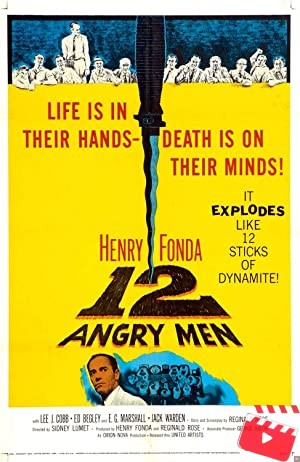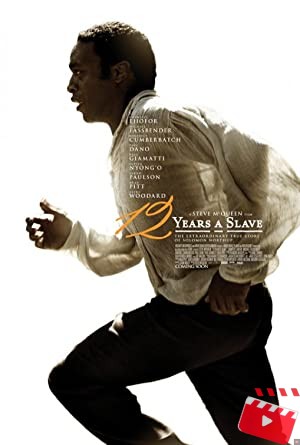
If you’re looking for a movie that will make you contemplate about life, then Akira Kurosawa‘s “Ikiru” is a must-see. This 1952 Japanese film is a beautiful portrayal of what it truly means to live and how death can inspire us to appreciate the little things in life.
The main character, Watanabe, is a middle-aged bureaucrat who has spent his entire life working in an unfulfilling job. When he finds out that he has stomach cancer, he decides to make a change in his life and find a way to leave a positive impact on the world before he dies.
What I love most about “Ikiru” is its profound message about the importance of living a meaningful life. Watanabe’s transformation is both heartwarming and heartbreaking. We see him struggle to find a way to make a difference in the world, and the people he meets along the way inspire him to continue his journey.
The film’s pacing is deliberate, but it works for the story. The black and white cinematography adds a sense of elegance to each scene. From the bustling city scenes to the peaceful countryside, it feels like we’re seeing Japan in a bygone era.
“Ikiru” is a thought-provoking film that will stay with you long after the credits roll. It’s a reminder that life is short, and we should always strive to live it to the fullest. I highly recommend this movie to anyone who wants to experience an emotional journey and come out the other side with a newfound appreciation for life.
Lesson about Ikiru
The movie Ikiru 1952 teaches us valuable lessons about the importance of finding meaning in life and making a positive impact on others.
The Best of Ikiru
- 1. Deeply Moving Story: Ikiru is a powerful and deeply moving story that explores the themes of life and death, purpose, and the human condition. It tells the story of Watanabe, a middle-aged bureaucrat who has spent his entire life working in a mundane and unfulfilling job. When he is diagnosed with a terminal illness, he begins to question the true purpose of his life.
- 2. Brilliant Direction: Directed by the legendary Japanese filmmaker Akira Kurosawa, Ikiru is a masterpiece of cinematic art. Kurosawa’s direction is masterful, creating a richly textured and emotionally resonant film that is both visually stunning and intellectually engaging. The film’s use of shadows and muted colors, combined with the haunting score, creates a somber atmosphere that perfectly captures the mood of the story.
- 3. Profound Philosophy: Ikiru is not just a film, but a profound philosophical statement about the meaning of life. It presents a powerful message about the importance of living a life of purpose, despite the obstacles that may stand in our way. The film’s message is both timeless and universal, and it has continued to resonate with audiences for decades. It is a film that inspires us to live our lives to the fullest, and to never give up on the quest for meaning and purpose.
Week points of Ikiru
- 1. Slow pacing: Some viewers may find the deliberate pacing of Ikiru to be too slow and tedious, particularly in the first half of the film. The film spends a lot of time on bureaucratic processes and meetings, which can be dull and unengaging for some audiences.
- 2. Limited character development: While the film’s protagonist, Kanji Watanabe, undergoes a powerful transformation over the course of the story, many of the other characters in Ikiru are relatively two-dimensional and undeveloped. This can make it difficult for viewers to become fully invested in the story and empathize with the characters.
- 3. Simplistic message: While Ikiru’s message about the importance of living a meaningful life is certainly important and moving, some viewers may find it to be somewhat simplistic or heavy-handed. The film’s message is delivered with little subtlety or nuance, which can make it feel overly didactic or preachy at times.
Technical details of Ikiru
| Title | Ikiru |
|---|---|
| Year | 1952 |
| Rated | Not Rated |
| Released | 25 Mar 1956 |
| Runtime | 143 min |
| Genre | Drama |
| Director | Akira Kurosawa |
| Writer | Akira Kurosawa, Shinobu Hashimoto, Hideo Oguni |
| Actors | Takashi Shimura, Nobuo Kaneko, Shin'ichi Himori |
| Plot | Kanji Watanabe is a civil servant. He has worked in the same department for 30 years. His life is pretty boring and monotonous, though he once used to have passion and drive. Then one day he discovers that he has stomach cancer and has less than a year to live. After the initial depression he sets about living for the first time in over 20 years. Then he realises that his limited time left is not just for living life to the full but to leave something meaningful behind… |
| Country | Japan |
| Awards | Nominated for 1 BAFTA Award6 wins & 2 nominations total |










